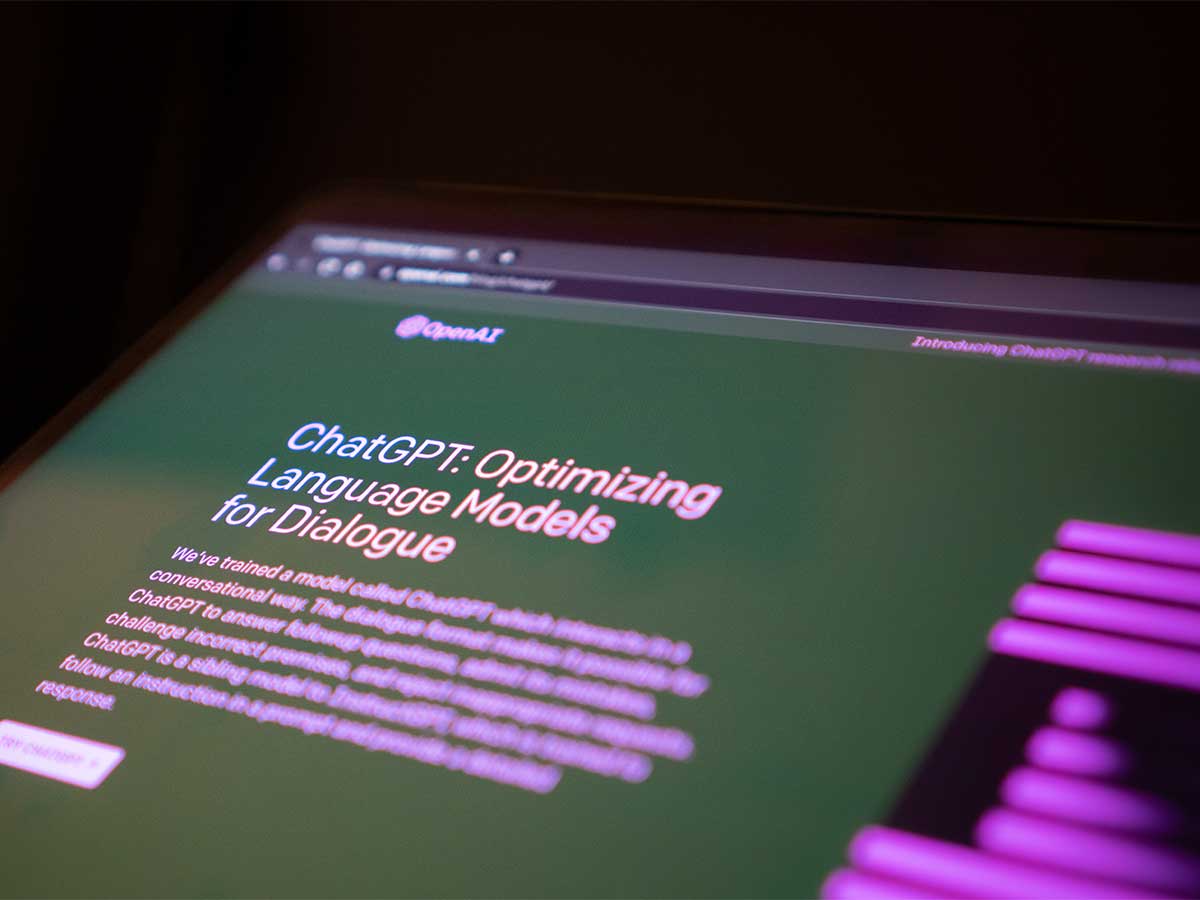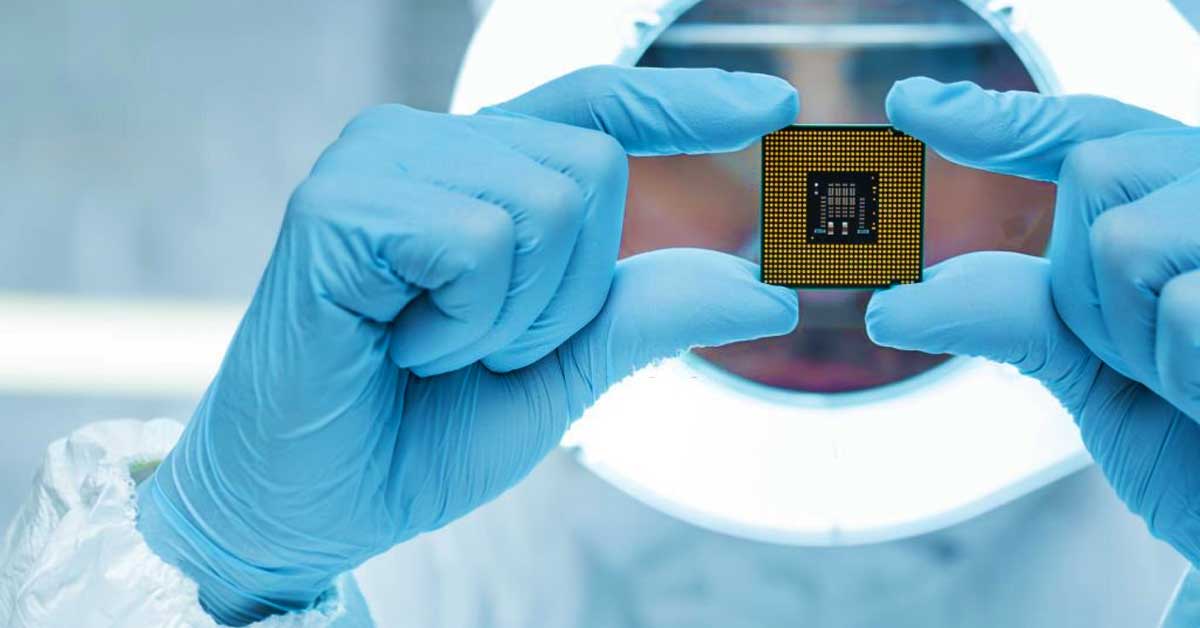Artificial Intelligence (AI) has been a frequent topic of discussion this year. When considering this subject, two notable chatbots come to mind: OpenAI's ChatGPT and Microsoft's Bing Chat, both of which employ OpenAI technology.
However, there have been some challenges observed for the ChatGPT chatbot. A recent report indicated a decline in its performance. Despite OpenAI's efforts to introduce new features for enhancing its usability, the chatbot's responses have actually worsened.

In addition, there are indications that OpenAI is facing financial difficulties. Reasons for this situation were highlighted by Firstpost, referencing statistics from Analytics India Magazine. Operating an AI-powered chatbot is complex and expensive.
OpenAI spends approximately $700,000 daily to operate the tool, which amounts to 36 cents per query. The company also invests in GPUs from NVIDIA to ensure smooth operations.
Despite efforts to generate revenue from monetizing GPT-3.5 and GPT-4, it appears that sustaining the business might become challenging without continued investor support.

Beyond financial concerns, OpenAI is experiencing a drop in its user base. According to SimilarWeb, the number of users accessing the ChatGPT website decreased by 12 percent between June and July, resulting in a loss of around 200,000 users. However, these statistics only reflect website visits and exclude the usage of APIs.
OpenAI's APIs are becoming increasingly appealing to organizations that initially were hesitant about integrating Artificial Intelligence into their workflows. This open-source approach allows users to tailor their experience without extra costs.
Sam Altman, a key figure at OpenAI, has expressed his distinct goals for ChatGPT. While OpenAI aims to profit, Altman's focus is on achieving AGI (Artificial General Intelligence) superintelligence. Meanwhile, concerns about safety and regulation are emerging.

Altman advocates for government involvement to control the tool's capabilities. The FTC (Federal Trade Commission) has initiated an investigation into ChatGPT, potentially impacting Microsoft due to its partnership with OpenAI.

Amidst these developments, OpenAI is actively seeking ways to generate revenue from its GPT-4 LLMs (Large Language Models). The company aims for $200 million in annual revenue in 2023 and $1 billion in 2024, although these targets may seem ambitious given the current circumstances. OpenAI has already incurred a $540 million loss since the inception of the chatbot.
Lastly, a scarcity of GPUs in the market is partly attributed to tensions between the US and China. The EU recently introduced the €43 billion Chips Act to enhance semiconductor production within the region and reduce reliance on foreign sources for semiconductor chips.
Sources: bdtechtalks.com /windowscentral.com













